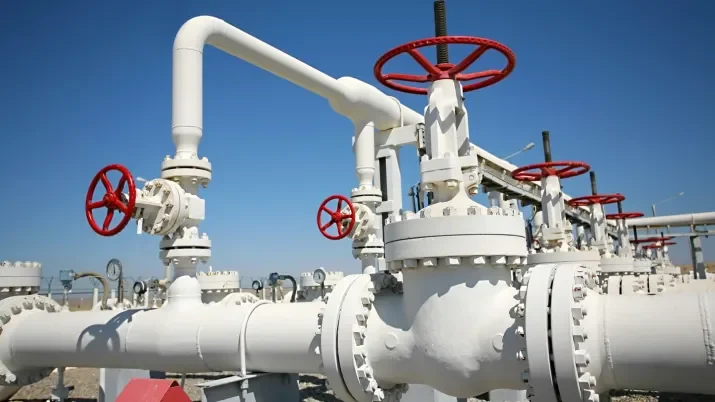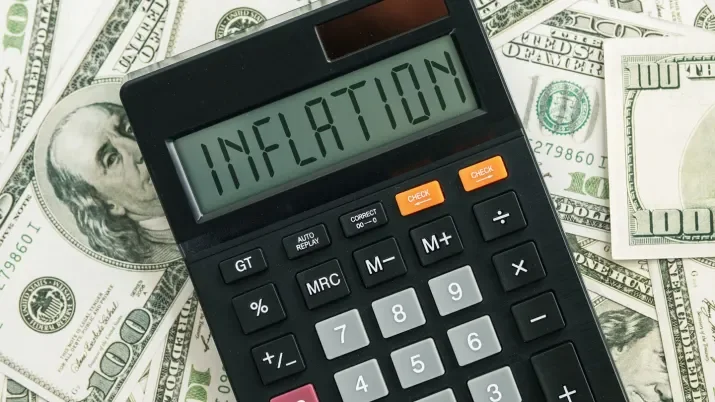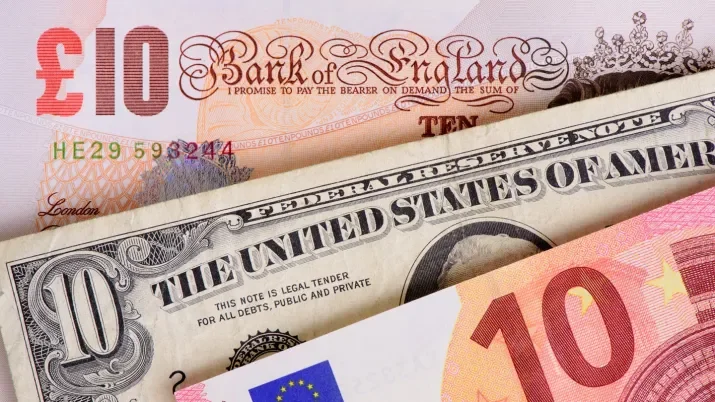Help arrives as Ukraine’s allies act on Russia’s energy war
Every economic downturn is different. Usually the government’s willingness to intervene is influenced largely by the catalyst for the downturn. Back in March 2020 the COVID-19 pandemic was perceived as an ‘act of God’, giving governments worldwide free rein to spend now and think/pay later. At the start of this year discussions had begun to turn to how some of this money was going to be paid back, though this all changed on February 24.
Russia’s invasion of Ukraine, the sanctions imposed against the aggressor, and now the retaliation in the form of cutting off gas supplies to Europe, have led to forecasts of skyrocketing energy bills across Europe and increasing fears that these could be the catalyst for recession. It was difficult to believe there would be no government intervention on this issue, firstly given the gravity of the pain predicted for households and businesses, but also because the pain is being very deliberately inflicted by Russia; if Europe’s leaders had allowed this to endure, it would likely be seen as a significant loss in the quasi-war currently occurring.
And so, the fiscal measures we had been expecting arrived last week, with the largest coming from the UK. On Thursday the new Prime Minister, Liz Truss, announced an energy price freeze for households for two years and subsidies for businesses’ energy bills for six months. For households this is a huge amount of aid, with annual energy bills frozen at £2,500 after they were forecast to rise above £6,000 by April next year. This of course has a knock-on effect of leaving higher income consumers with more disposable income to support businesses, and even though one could argue that the measure could have been more targeted to those most in need, it is at least something. It is a roughly £150bn package (around 7% of UK GDP) that Bloomberg forecasts will result in the UK avoiding recession next year, while JP Morgan stated the move would shave around 800bp off its UK inflation prediction.
A €65bn package was also introduced in Germany last week with an ‘electricity price brake’ among other measures, while the Netherlands has pledged to increase its minimum wage and remove taxes on energy. EU energy ministers met in Brussels on Friday and a coordinated plan from the EU is expected to be announced by the European Commission president, Ursula Von der Leyen, at some stage this month.
Of course the question will turn to how these measures are being financed. In Germany and the Netherlands windfall taxes on energy companies are being implemented, while in the UK it has been suggested that there will be loans to energy providers which will need to be repaid on a medium term timescale.
It is also worth noting that governments have been active in reducing their reliance on Russian energy. Germany for example had already cut the Russian composition of its gas needs from 55% prior to the Ukraine invasion to roughly 25% this summer. The country has also chartered five floating storage liquified natural gas (LNG) units and increased its overall storage levels above 80%. The EU has already boosted imports from other countries such as Norway and Algeria, and an EU-wide 15% rationing should be achievable largely by trimming inefficient usage of energy – many companies have already been including energy consumption reductions in their latest quarterly reports. The UK is less at the mercy of Russian imports, yet Truss on Thursday vowed to “ramp up all sources” of domestic energy supply.
Medium term planning on energy security is crucial, yet Ukraine’s allies have proven they will not let Putin’s war lead to a downward spiral in their economies and have stepped in with short term measures. If these two approaches can marry up then the measures announced will be well worth it; preventing widespread fuel poverty, spiking unemployment and a sizeable drop in GDP. For the UK and Europe – help is here.



